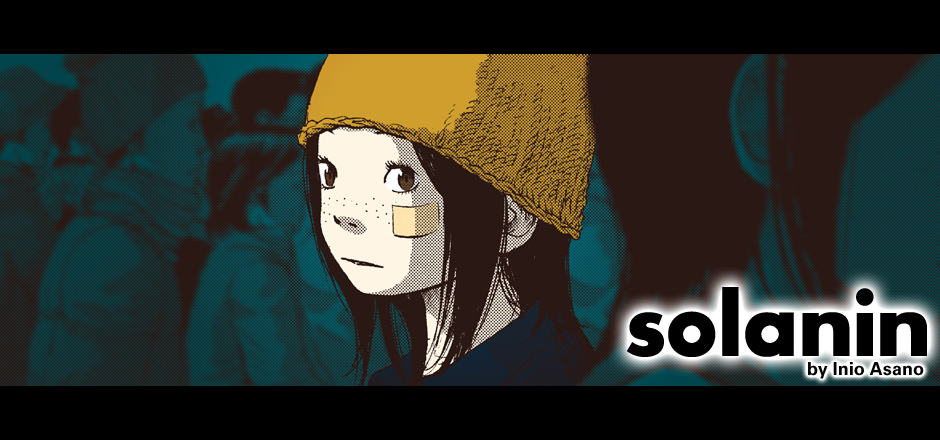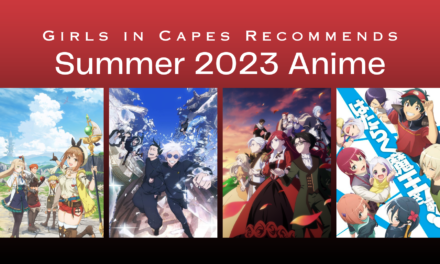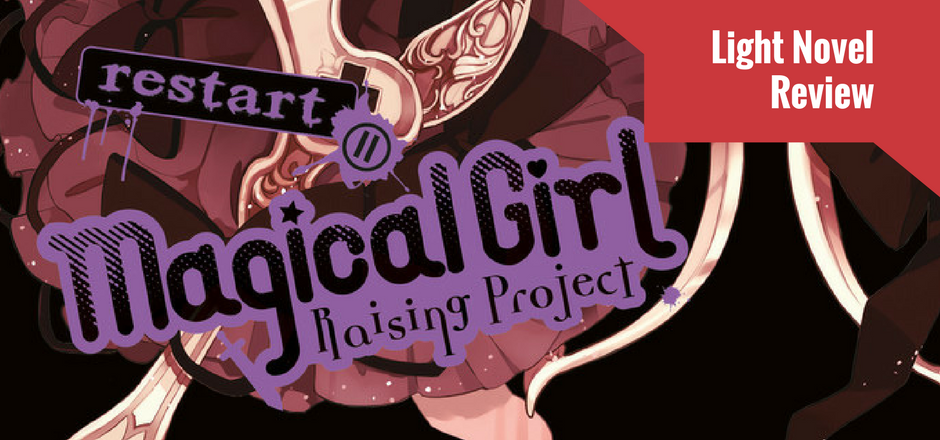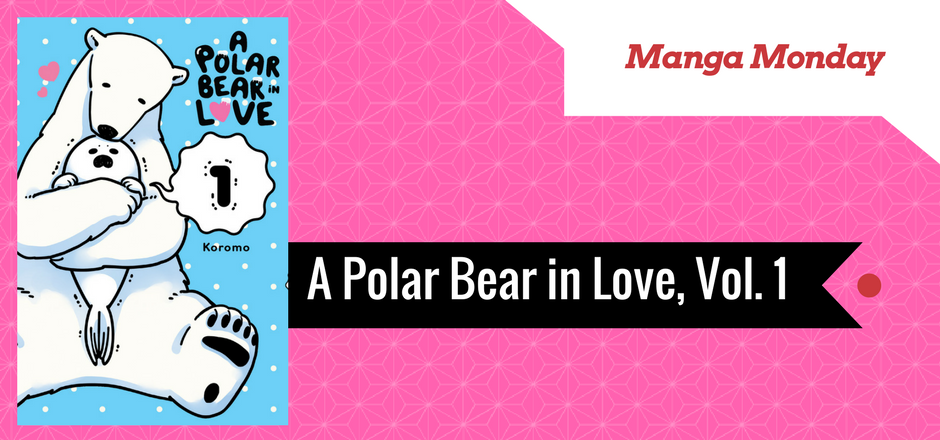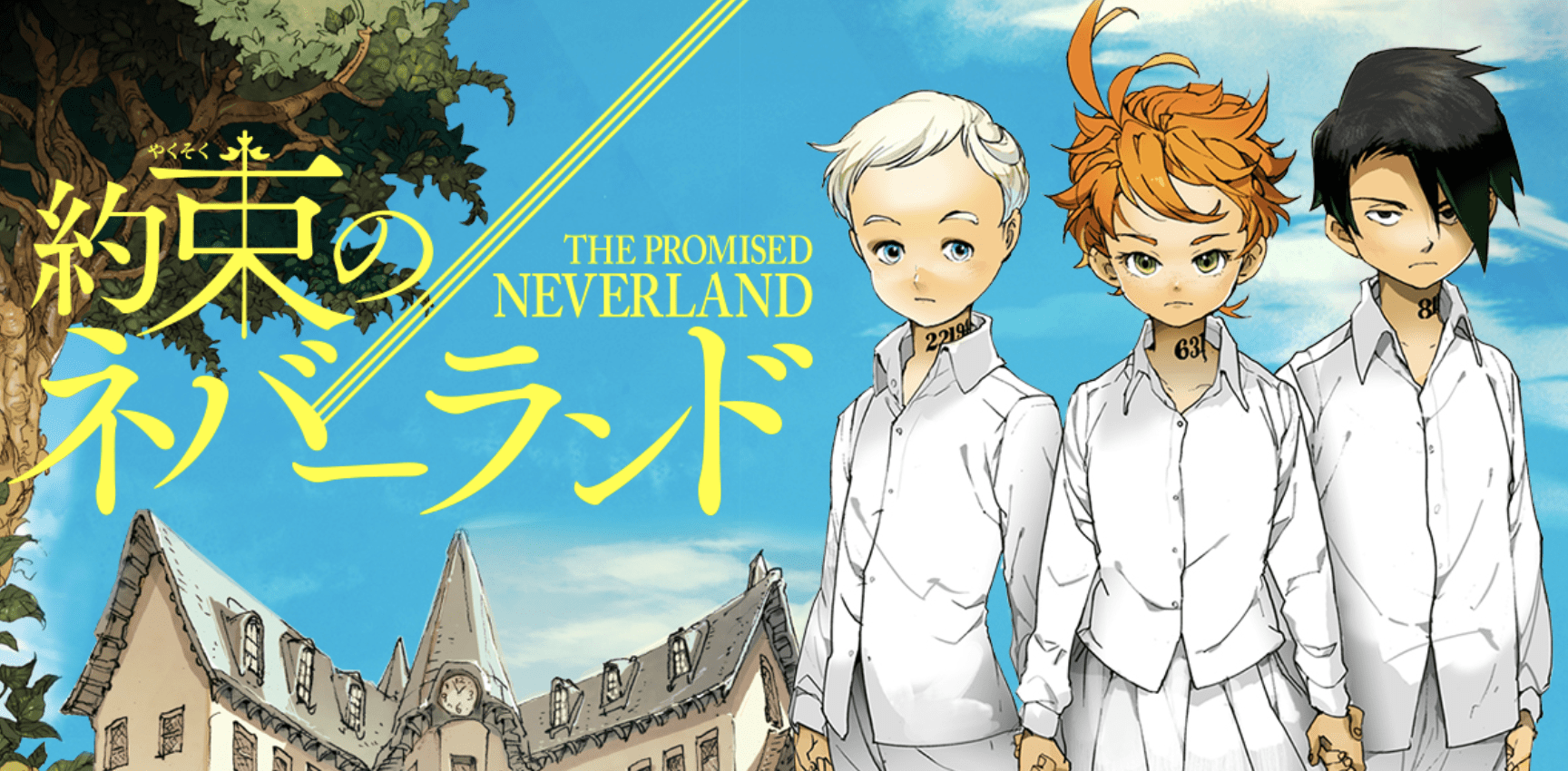Isn’t it better to regret things you’ve done than regret things you’ve never even tried?
Author’s note: This article contains spoilers for the manga Solanin.
Recently, I’ve been on the lookout for a short, one-shot manga with characters and a story that I could relate to and art that I could admire, and luckily, I stumbled upon the manga Solanin (ソラニン). Written and illustrated by Inio Asano, who is best known for his more recent manga Oyasumi Punpun (おやすみプンプン), Solanin tells the story of Meiko Inoue, a twenty-something working in an office and living with her her boyfriend, Naruo Taneda, in Tokyo.
Meiko does not especially enjoy her office job, and she doesn’t understand why adults choose to live the mundane lives that they appear to live. As she says in chapter one, “The way I look at it, adults are just a bunch of people who go ‘whatever,’” and she yet admits that she has become one of these people too. Her job pays the bills and helps her to support Taneda, who is a part-time freelance illustrator by day and lead singer of a band he formed with his friends in university by night, so she feels obligated to continue working. Yet by chapter two, Meiko has quit her job and is trying to figure out what she should do next.
Meiko and Taneda’s love is tender and real and reminded me of my own relationship. They are often depicted talking about their worries while eating, goofing off—at one point, Meiko draws on Taneda’s face while he’s sleeping—and cuddling together in bed. Even though Taneda is clearly going through his own growing pains in response to life outside of university, Meiko is very supportive. She often says “I love this man!” in response to all the funny things Taneda does, and yet, Meiko and Taneda’s relationship also appears strained due to Taneda’s unfulfilled dreams of making it big with his band and Meiko’s decision to quit her job.
Although the story revolves around Meiko and Taneda, there are also a number of other characters in Solanin, including Taneda’s bandmates Billy and Katou, and Meiko’s friend and Katou’s girfriend Ai. On the outside, Billy, Katou, and Ai all appear to be doing better in the post-college world than either Meiko and Taneda, and even though sometimes they may struggle with their own existential issues, they act as a support system for both Meiko and Taneda, but especially for Meiko later on in the story.
Unfortunately, Solanin will break your heart. It broke mine at least four times while reading it! Meiko’s character really inspired me. I have to say—without giving anything away—that if what happened to Meiko and her friends happened to me, I’m not sure I would be as strong as her. I’m not sure if I could pick myself up so easily and follow the path that she eventually follows with such determination.
The title of the manga is significant and comes from a song that Taneda wrote for his band and that Meiko listens to in chapter thirteen and ultimately sings at the end of the manga. The song foreshadows events that happen soon after Meiko first listens to the song in chapter thirteen. On the surface, the lyrics seem to be describing a couple breaking up, but if you read deeper into it, the song appears to be describing Taneda’s existential struggles.
Some have speculated that “solanin” means “sky (sora) people (nin),” since the first line of the song refers to the sky:
Misunderstandings are beyond the sky. It’s been a life spent saying goodbye.
But according to the Japanese-English dictionary Jisho, “solanin” (ソラニン) also means “a glycoalkaloid poison found in species of the nightshade family, such as the potato,” which leads me to speculate that the title also refers to the vegetables that Meiko’s mom sends her every month that often rot and go bad because she sends too many and Meiko and Taneka can’t eat them all. Perhaps the vegetables are symbolic too and refer to the parts of our lives that we let rot because we’re too afraid to take action.
Solanin is a modern story about what it’s like to enter the so-called “real world” and try to forge your own path and be true to yourself. It’s a familiar tale for people in their twenties and could easily be nonfiction. I related well to Meiko and Taneda’s desire to do something more with their lives than work nine-to-five jobs and give up on their dreams. And yet I also related to the overall conclusion, which I think showed readers that you can continue to be yourself and follow your dreams even when the going gets tough.
Overall, I really liked Solanin, and I would recommend reading it if you’ve enjoyed Inio Asano’s other works, like A Girl on the Shore (うみべの女の子), slice of life josei manga, like Nana (ナナ) by Ai Yazawa, and Ghost World by Daniel Clowes, which has similar themes of what it’s like to graduate from school and enter the “real world.”
Solanin was originally published in Weekly Young Sunday between June 2005 and April 2006, and it became available in English in one volume from VIZ Manga back in October 2008. It is also available in English in a various e-formats, including for the Kindle, the Nook, on iTunes, and for Android. You can also watch the live-action movie directed by Takahiro Miki released in 2010 to see Meiko singing “Solanin.” And the Japanese alternative rock band ASIAN KUNG-FU GENERATION released the single “Solanin” for the movie. Both renditions use the lyrics written by Asano in the original manga.
Story: 4 out of 5 stars
Illustration: 4 out of 5 stars
Overall: 4 out of 5 stars
—
Rine Karr is an Anime Writer at Girls in Capes. She’s a writer and aspiring novelist by moonlight and a copyeditor by daylight. Rine loves good food, travel, and lots of fiction, especially novels, anime, manga, video games, and films. She’s also the Chief Copyeditor and an occasional contributor at Women Write About Comics.
Check out our other manga reviews, including So Cute It Hurts!! and Battle Royale: Angels’ Border.
